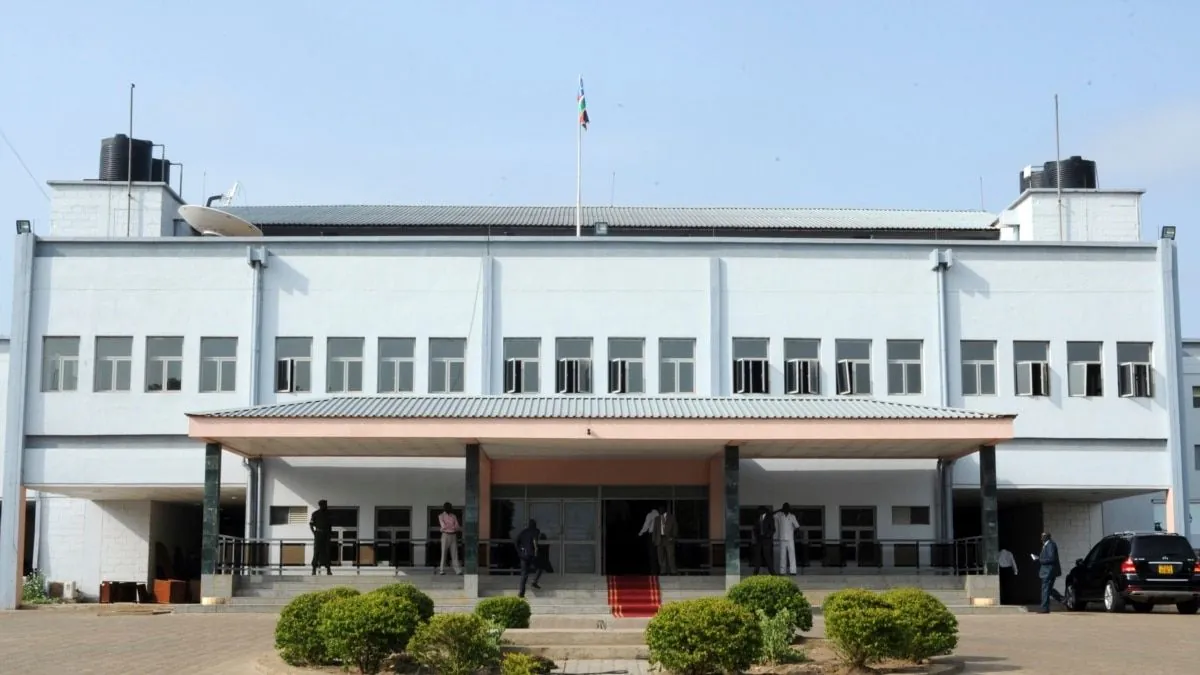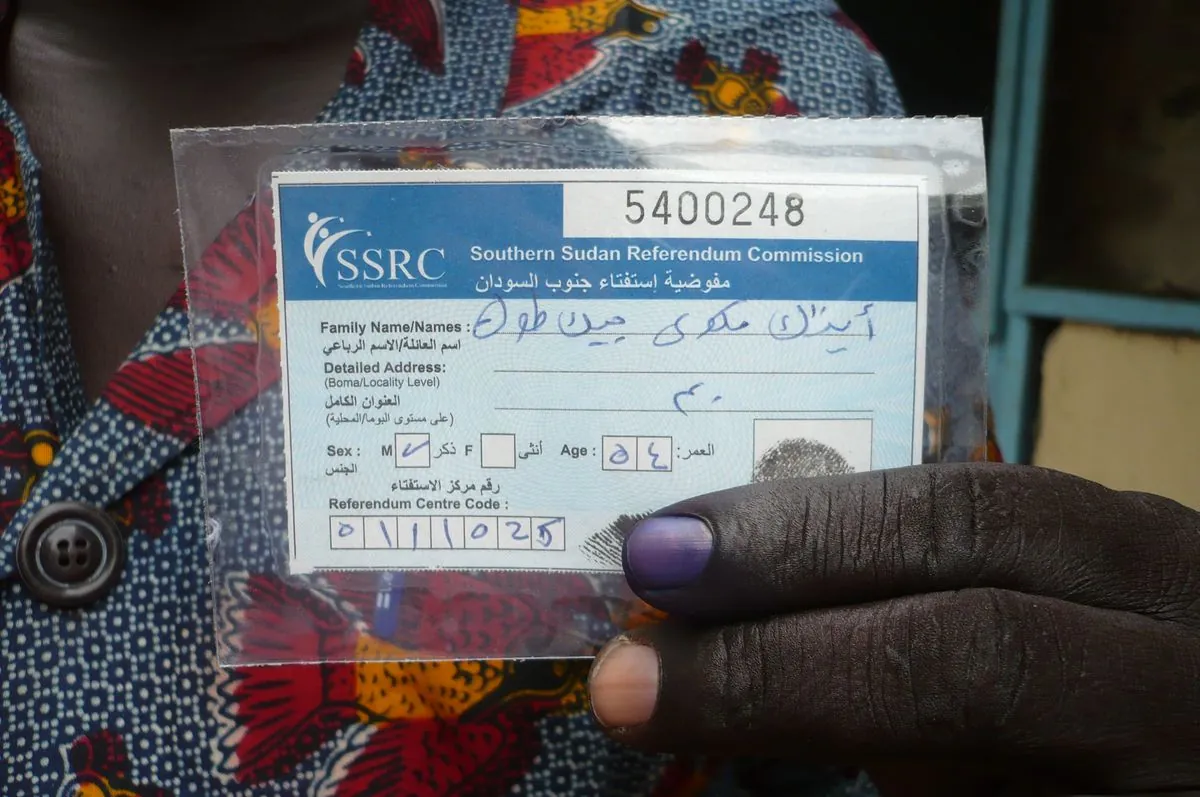South Sudan's Electoral Challenges Amid Humanitarian Crisis
South Sudan faces hurdles in holding its first post-independence elections amidst political, economic, and humanitarian crises. UN envoy highlights unpreparedness and concerns over new security law.

South Sudan, the world's newest nation, finds itself at a critical juncture as it approaches its first post-independence elections, originally scheduled for December 22, 2024. Nicolas Haysom, the United Nations' top envoy to the country, has expressed significant concerns about the nation's readiness for this crucial democratic milestone.
The planned elections, intended to mark the culmination of a peace agreement signed in 2019, face numerous obstacles. Haysom reported to the UN Security Council that the conditions necessary for credible and peaceful elections, which he outlined in December 2023, have not been adequately implemented. This assessment remains unchanged as of August 2024.
Despite these challenges, some progress has been made. The National Elections Commission has initiated assessments of infrastructure required for elections, and 29 political parties have been registered. However, these steps are insufficient to ensure a free and fair electoral process.

A contentious issue has emerged with the passage of a new security bill by South Sudan's parliament. This legislation grants the National Security Service authority to make arrests without warrants, raising alarms among civil society groups, political parties, and international observers. Critics argue that this law contradicts the aspirations for an open civic and political space necessary for building a democratic society.
"It has been noted that the president has the power to refer the law back to Parliament to remedy the criticisms that have been raised. This would be a significant opportunity to demonstrate a commitment to achieving the open political space in which to conduct South Sudan's first democratic elections."
The challenges facing South Sudan extend beyond the political sphere. Haysom warned of a "perfect storm" of humanitarian and economic crises. The country grapples with chronic food insecurity, exacerbated by the spillover of conflict from neighboring Sudan. A ruptured oil pipeline has severely impacted the economy, which heavily relies on oil exports. The potential for catastrophic flooding in September 2024 further compounds these issues.
Edem Wosornu, the UN humanitarian office's operations director, provided stark statistics: over 9 million people, representing 76% of South Sudan's population, require humanitarian assistance. Alarmingly, 7.1 million are acutely food insecure, an increase of about 1.5 million people since the previous year.
The economic situation is equally dire. Since February 2024, most oil exports have halted due to the pipeline rupture. The South Sudanese pound has depreciated by more than 70% in the first half of 2024, making basic commodities unaffordable for many. The annual inflation rate reached a staggering 97% in June 2024, according to the National Bureau of Statistics.
These challenges are set against the backdrop of South Sudan's complex history. Since gaining independence in 2011, the country has faced numerous obstacles, including a devastating civil war that erupted in 2013. Despite its rich natural resources, including oil, gold, and diamonds, South Sudan has one of the lowest GDP per capita globally.
As South Sudan navigates these multifaceted crises, the international community watches closely. The coming months will be critical in determining whether the country can overcome its challenges and move towards a more stable and democratic future.


































